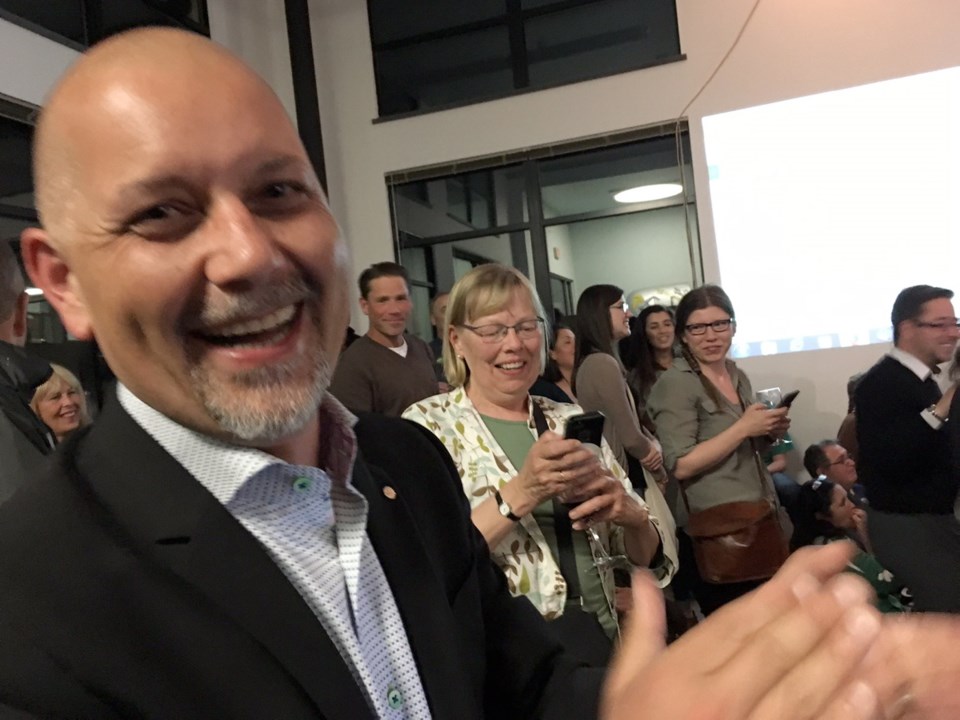First Nations leaders in B.C. are calling on the NDP government to uphold its promises regarding commitments to Indigenous Peoples.
“This means building relationships with First Nations and agreements,” said Grand Chief Edward John, political executive on the First Nations Summit, which represents First Nations involved in treaty negotiations.
The commitments are a “foundational piece” of the agreement between the New Democrats and the Green Party that allowed the NDP to form a minority government.
They include formally adopting the United Nations Declaration on the Rights of Indigenous Peoples, which calls for informed consent on decision-making; implementing the Truth and Reconciliation Commission’s calls to action; and upholding the Tsilhqot’in Supreme Court decision on Aboriginal title.
“We’d expect to see some kind of tangible action before September, which is the 10th anniversary of the UN declaration,” said John, who was in Ottawa to meet with a group of federal ministers selected to review laws and policies to implement a similar set of commitments.
The federal government has officially adopted the UN declaration, known as UNDRIP.
In B.C., the NDP and Green Party said during the election campaign that they supported the adoption of the declaration. The B.C. Liberals had warned the declaration, which requires that Indigenous people offer “their free, prior and informed consent before adopting and implementing legislative or administrative measures that may affect them,” could threaten jobs and the economy.
John said he expects some of the groundwork to be laid at an annual fall meeting of First Nations leaders and provincial ministers.
“But right off the bat, this government should give priority to the 40 First Nations being directly affected by the wildfires,” he said, noting these communities do not have the same resources as others in the region.
Douglas White, councillor and chief negotiator for the Snuneymuxw, near Nanaimo, called the provincial government’s promises and the direction from the federal government “a moment of convergence,” with “a clear step toward progress and a shift in a pattern of recognition instead of denial.”
“The core issue is how we begin to make decisions together. … This isn’t just a challenge for the Crown, but also for First Nations to rise and be clear about [what] the world needs to look like at this moment.”
Adam Olsen, MLA for Saanich North and the Islands and one of three Green Party MLAs, said he’s optimistic about the government and their agreement.
“There’s a renewed sense of optimism because I think we are going to address the issues in a responsible and respectful manner,” said Olsen, who has met with First Nations leaders over the past few weeks and spoken briefly with Scott Fraser, the minister of Indigenous relations and reconciliation.
“It’s important for us to sit down with Indigenous leadership and have a discussion about what consent means. No government can come up with an answer on its own, so this is key,” said Olsen, who is a member of the Tsartlip First Nation.
“These discussions will apply to every issue in the province. That is the reality of renewing our relationship that will be a benefit to all British Columbians, economically, socially and environmentally.”



